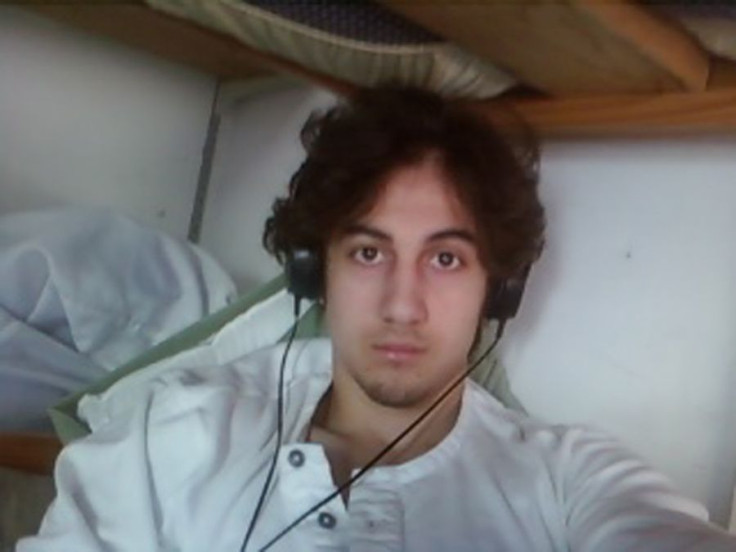Boston Bomber Dzhokhar Tsarnaev: Death Penalty Sentence Feels Like ‘Revenge,’ City Residents Say

The sentencing of convicted Boston Marathon bomber Dzhokhar Tsarnaev felt like the closing act in a bitter tragedy that began more than two years ago. Among many Bostonians, a jury’s decision to execute Tsarnaev was met not with a sigh of relief but with a flinch.
Most city residents didn’t want the death penalty for Tsarnaev, 21, who, along with his older brother Tamerlan Tsarnaev, detonated two bombs near the finish line of the marathon April 15, 2013, killing three people and injuring hundreds of others. Tamerlan Tsarnaev was killed during a firefight with police April 18; Dzhokhar Tsarnaev was arrested a day later. His trial began in March.
For many Boston residents, supporting the death penalty felt out of character for a city that has long opposed capital punishment. “They ought to demonstrate a little humanity,” 66-year-old Neil Maher, who grew up in Boston, told The New York Times. “Killing a teenager’s not going to do anything. I think it’s just a kind of visceral revenge. I think that in three years, the people of Boston and the people on the jury will feel bad about this decision.”
Massachusetts banned the death penalty in 1984, however Tsarnaev was tried in the federal system, which allows for such a sentencing.
Recent polling by The Boston Globe found that less than 20 percent of Massachusetts residents supported the death penalty for Tsarnaev. In Boston, that figure dropped to just 15 percent. Two-thirds of Bostonians said they favored life in prison as a punishment for Tsarnev.
That sentiment echoed earlier public opinion polling from September 2013, just five months after the bombing occurred, according to The Boston Globe. “I’m a strong opponent of the death penalty because I feel it serves no purpose. It’s not a deterrent,” Boston resident Lawrence Watson told the Globe in 2013. “In my opinion, individuals who commit murder don’t think about the penalty, or they think they’re so clever that they will get away with it.”
It’s likely that Tsarnaev will appeal the jury’s decision, which could push his execution date back by several decades, or even indefinitely.
Some Bostonians, including the city’s Mayor Marin Walsh, said they hoped the verdict would provide relief for the people who were impacted by the Boston bombing. “I want to thank the jurors and the judiciary for their service to our community and our country,” Walsh said in a statement. “I hope this verdict provides a small amount of closure to the survivors, families, and all impacted by the violent and tragic events surrounding the 2013 Boston Marathon. We will forever remember and honor those who lost their lives and were affected by those senseless acts of violence on our City.”
© Copyright IBTimes 2025. All rights reserved.






















